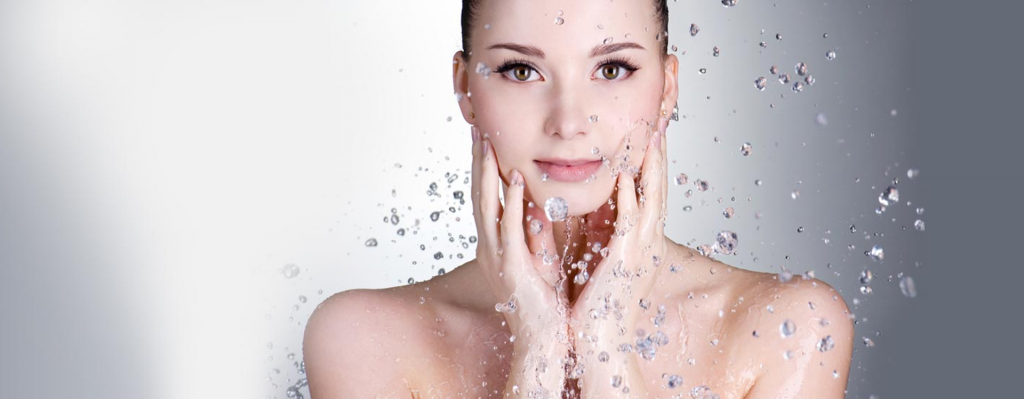We can spend lots of time and effort in the gym improving the way we look and feel about ourselves, yet acne has the potential to drastically reduce our self-esteem. Face acne can leave people feeling very self-conscious, whilst acne of the chest or back will leave many sufferers with their t-shirts on during the summer. Luckily, there are a number of a treatment for acne, as well as daily skin care tips which can reduce acne and its aggressiveness in appearance.
Symptoms and causes of skin acne
Beneath the surface of the skin there are the sebaceous glands, the glands which produce a substance known as sebum, the natural oil which keeps the skin supple. The sebaceous glands produce the sebum, which then travels to the surface of the skin via pores.
Those with acne tend to suffer from over productive sebaceous glands, which therefore results in oily skin, and pores which become blocked. The male hormone testosterone can cause the glands to produce more sebum, hence why many teenagers may suffer from acne during puberty, and why anabolic steroid users may also suffer when following an anabolic steroid cycle.
The blocking of the pores in some individuals can lead to further implications, with the devolvement of infections which can lead to a much greater redness and aggressiveness to the acne. Some suffer from serious cysts, which can lead to permanent scarring if ruptured. Those who suffer from skin infections and cysts must ensure they have spoken to their GP regarding suitable treatments to avoid the conditioning worsening.
Acne treatments
There are a number of treatments available for acne, all of which aim to either; prevent new acne, improve the condition of the existing acne, or prevent skin scarring, or a combination of the three. Your GP will talk about possibly treatments with you and decide on the best course to take from accessing your situation.
The first course of action is commonly a course of antibiotics, such as tetracycline. Antibiotics aim to fight the bacteria to reduce the aggressive and inflation caused by the acne, they do not help resolve the over reactive sebaceous glands. A cream is also typically advised during the antibiotic course, such as benzoyl peroxide, which is applied to the affected areas daily.
The combination of the above is sometimes not enough to reduce the acne, so another form of treatment may be followed. Another antibiotic course may be prescribed.
Those with serious acne, and acne which has not responded to any other treatment, may be prescribed Isotretinoin (“Roaccutane” – by Roche). Roaccutane is only prescribed by a dermatologist, and is extremely effective at reducing acne in even sever cases. Roaccutane treats the root of the problem, the over production of sebum, and causes the sebaceous glands to produce much less of the oily substance. Roaccutane is a drug which carries many possible side effects however, and it would be wise to speak to your GP and dermatologist about Roaccutane and acne treatments.

